EL PASO, Texas — The El Paso Sector largely avoided the mass influx of illegal crossings for much of the border crisis that was kickstarted shortly after Joe Biden officially became president in January 2021. Other sectors, such as Del Rio, Yuma, and Rio Grande Valley, were often the places to see hundreds of illegal immigrants entering the United States, but that has changed in recent weeks.
Thousands of Nicaraguans, El Salvadorans, Colombians, and Ecuadorians have crossed into El Paso as Title 42, the public health order that allowed Border Patrol to quickly expel illegal immigrants, is set to expire next week. As a result, hundreds of people are now on the cold streets of the biggest border town in Texas, waiting for something to happen. Those on the streets are there simply because there is no more room in the city's and charities' shelters.
For many, it's trying to get the money for either a bus or plane ticket to their final destination. Alexandra, from Nicaragua, asked me how much a plane ticket would cost to go from Houston to Boston. After looking at Google Flights, I told her it costs around $380 for a one-way ticket for the next day. Local residents are conducting ad-hoc supply runs, dropping off food, jackets and blankets.
At one gathering spot by the Grey Hound bus station, the smell of urine was strong by the empty lot next door, as that has become the designated spot for the illegal immigrants to relieve themselves since they do not have access to bathrooms. El Paso Police have moved some groups around because the city has anti-camping codes, but due to the large number of people who have nowhere to go, they have been mostly left alone. Some of the immigrants sleep on the ground with cardboard boxes. Others have taken to wrapping themselves in blankets and sleeping on metal benches.
Popular spots for the makeshift camps include a gas station across the lot from the Grey Hound bus terminal and in front of an El Paso police station.
Recommended
How long this situation will last depends on the available means of transportation. When faced with a similar influx of immigrants, the city charted its own buses to different cities further within the United States, but it stopped that program when Title 42 started being applied to Venezuelans.
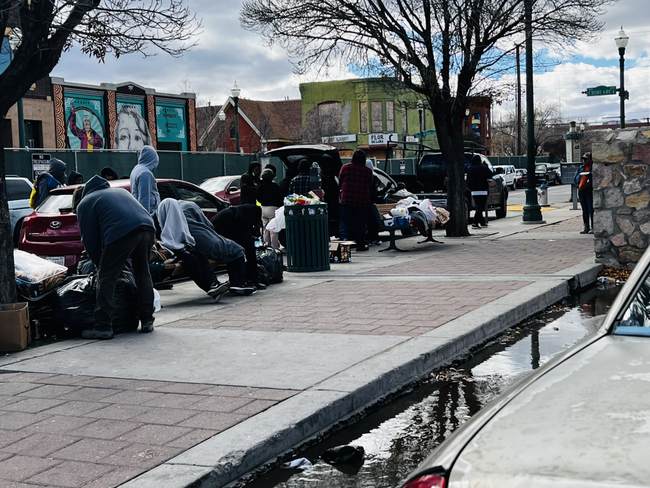
Townhall Media/Julio Rosas
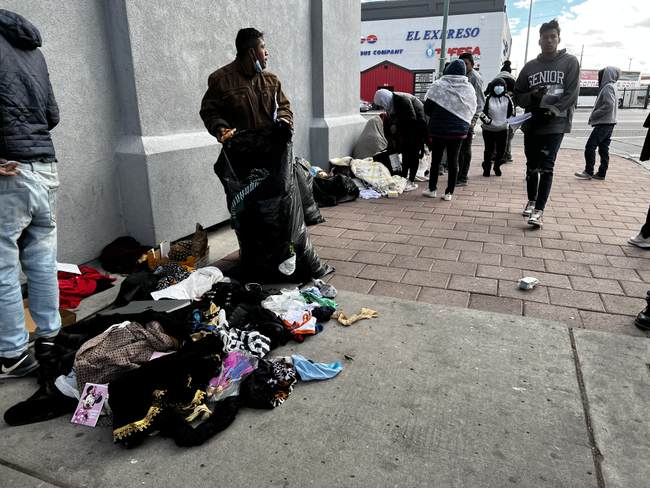
Townhall Media/Julio Rosas

Townhall Media/Julio Rosas
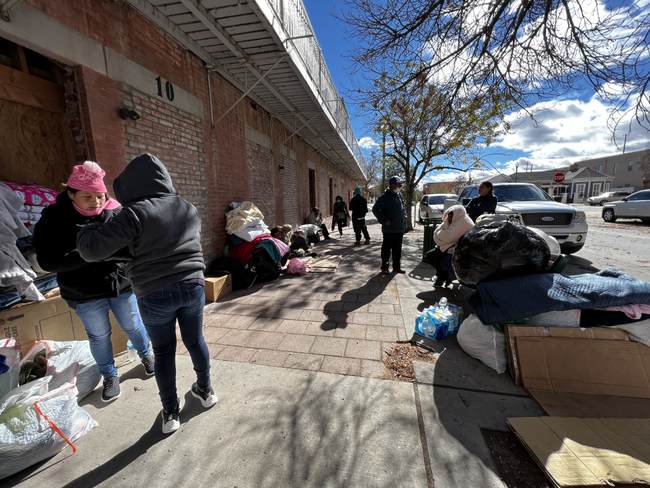
Townhall Media/Julio Rosas
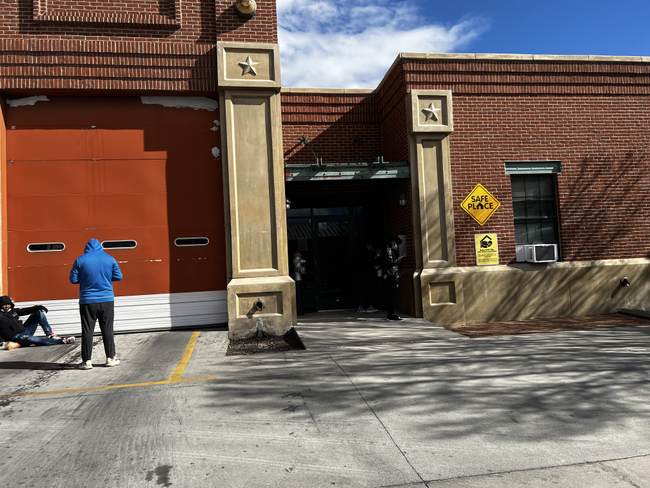
Townhall Media/Julio Rosas
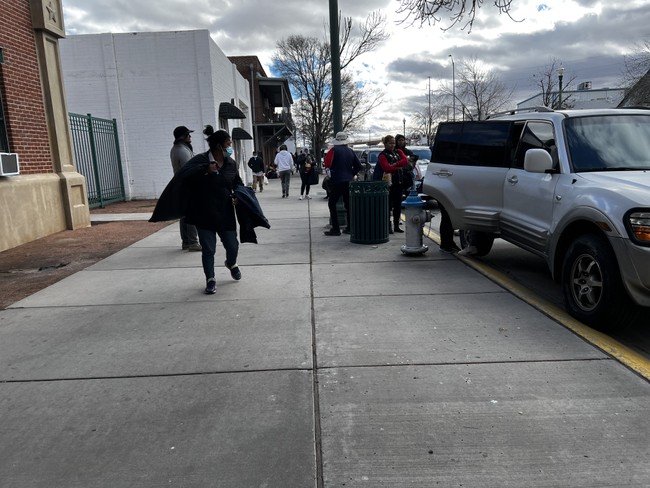
Townhall Media/Julio Rosas



